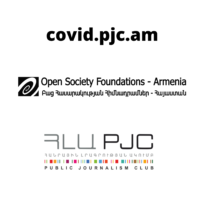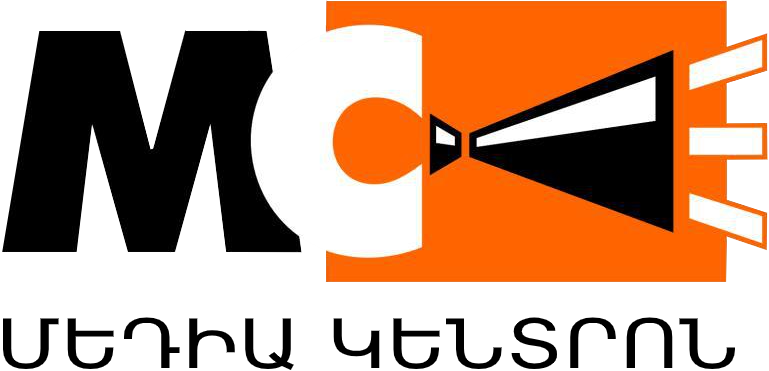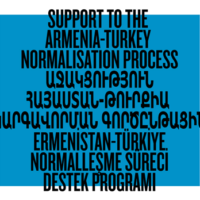
Media Support Program
- December 30, 2020
- Category: News
Journalists, cameramen, and other media representatives are entrusted with the task of narrating and documenting the pain and trauma of people in a variety of crisis situations, such as pandemics and war.
Content creators bring a lot of painful, impactful, and tragic stories to the audience. Often their psychological readiness is ignored, being perceived as part of the work that needs to be conducted. However, they survive the traumas of the heroes of their materials.
What impact do these stories leave on media workers?
How to work in emergency situations without harming or being harmed?
Journalists, cameramen, photo-journalists, and documentarians working in emergency and war zones can witness death or the threat of death, and editorial staff witness human tragedies through intermediaries.
All of this can lead to post-traumatic stress disorder (PTSD), which is usually accompanied by a feeling of dread and helplessness. In general, the effect of extreme stress, trauma, has a rather negative effect on a person.
Taking into account the importance of professional and psychological preparedness for covering crisis situations, the Public Journalism Club has launched the “Rapid Response Fund Initiative” program, which primarily targets journalists, cameramen, photo-journalists, documentarians, video editors, managers of media outlets covering the second Artsakh War and its consequences, also the civil society organizations carrying out media activities.
The target group of the program is also psychologists, who will be given the opportunity to be trained in post-traumatic stress disorder.
The main goals of the program are to provide fast and flexible support to journalists and media workers, to provide them with medical and psychological assistance, to develop professional skills in international humanitarian law, first aid, digital and personal data security, and to raise awareness of psychological protection among journalists and the public.
To achieve the above goals, a number of pieces of training will be organized by internationally recognized experts of the American “Dart Journalism and Trauma Center”, psychological protection, and post-traumatic stress disorder (PTSD) experts.
Training will be conducted on international humanitarian law, first aid, digital and personal data security.
The program will help improve the preparedness of participating journalists working in emergencies, support the media in developing protection protocols as a long-term guarantee of journalists’ security.
Capacity building training will be held for psychologists, moderated by top international and local experts.
Therefore, in addition to creating a rapid and flexible support mechanism for journalists in emergencies, the program will also have psychologists specializing in post-traumatic stress disorder, who will be able to provide long-term support to media professionals, if necessary.
The “Rapid Response Fund” program is implemented by the Public Journalism Club NGO. Within the framework of the project, a coordinating consortium was formed, which includes the Media Initiative Center, the Yerevan Press Club, the Freedom of Information Center, the Committee to Protect Freedom of Expression, and the Media Diversity Institute-Armenia.
During the war, partner organizations were engaged in providing the necessary security for the media field, providing first aid supplies, providing professional assistance, advocating for the rights of journalists, and raising the issue of violations of those rights at the international and local levels.
Within the framework of the “Rapid Response Fund” program, the consortium will develop a long-term vision, mission, and strategy of the initiative.
The program will last from December 31, 2020, to May 31, 2021. The project is funded by the EED (European Endowment for Democracy).





